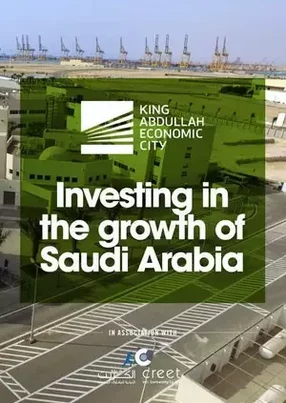A Tadawul-listed real estate development and management company, EEC’s primary focus is the planning and development of KAEC. When it launched its successful IPO in July 2006, EEC made history: more than half of the Saudi population subscribed. EEC is headed by Emaar Properties PJSC and a number of high-profile investors from Saudi Arabia.
Building more than 10K residential properties, the company has developed six residential neighbourhoods outfitted with the highest standards of facilities designed to suit all types of residents. EEC is passionate about building a city for the future. Working with partners, such as Creet Contracting who are currently undergoing the second phase of building the local village, EEC has moved contractors, consultants and suppliers to the new city to facilitate its ongoing growth.
Situated on the coast of the Red Sea, the new city, named King Abdullah Economic City (KAEC), has become the largest privately funded new city worldwide. Spanning an impressive 181mn square meters the area is the home to 30 tourism projects, 10 of which are already operational, such as: The Royal Greens Golf and Country Club and Bay X Conference and Entertainment center, with 20 other projects set to launch later this year. EEC also aims to provide high-standard educational and healthcare services. It currently has two medical institutions and has launched The World Academy in collaboration with Global GEMS, a well-known educational establishment. Additionally, Prince Mohammad Bin Salman Collage for Management and Entrepreneurship has already welcomed its first batch of students.
KAEC’s Industrial Valley attracted more than 100 companies, including international brands such as Mars, Ikea and pharmaceutical giant Pfizer. Additionally, the city has King Abdullah Port, the first port in the Middle East to be fully owned, developed and operated by the private sector, and is one of the fastest growing ports in the world.
However, to facilitate this process, Emaar, the economic city has sought to transform its procurement capabilities. Working for a multitude of multinational, regional, local and private companies, Senior Director Hesham Elabd has witnessed how the procurement industry has evolved and looked at ways to remain ahead of the curve, leading the organization to move procurement from a reactive participant to a proactive, trusted partner.
“We’re the developers of a new city. Procurement for such types of a mega scale project is very challenging. Procurement is no longer about handling documents and being just processors and raising purchase orders. Our procurement model is way beyond that,” he says.
“Now, we are moving into the partner phase where a lot of CEOs have procurement officers to help them get a better economy of scale, leverage business and find new technologies. We've moved over the years from followers to leaders taking part in setting the company’s strategies and execution programme.”
As companies continue to face increased challenges such as a global economic downturn, focus on cost reduction and global supply issues, the term ‘innovation’ has repeatedly been thrown around. Yet many businesses remain unaware of what this ultimately entails.
“Most of these challenges are linked to the market dynamics, so procurement is a key enabler to overcome such challenges. Management are regularly pushing for value-add and how to get more for the money spent,” explains Elabd.
“The best ways to do this is to go to a business, ask them for their requirements, share their plans, align with them on their needs and give them a procurement strategy of how to move forward. Through this, procurement can start developing plans to ensure sourcing the best value, share with business leaders the risks associated with what is being sourced, the available technologies and the expected outcome. For this to succeed, it is vital to have the right technical capability, what I would call the right buyer. The systems and processes supporting the day to day operations have to be simply designed to allow smooth work flow.”
Strong leadership and committing to deliver on objectives are something which Elabd stresses as essential. This should be coupled by having a good internal networking, alignment and strong communications.
“To tackle our challenges, we undertook a six-strategy plan. First, we needed to understand our customer needs, develop our KPIs, set the goals, design the structure, re-defining our culture as procurement and finding the right people, skills and systems,” he explains.
“For our KPIs, we asked different departments, companies and business units on their expectations from procurement. We had 12 questionnaires sent out and based on the findings, came up with the goal of “10 in 10 through Smart Buying,” which means 10% savings in 10 years.”
Through the strategy, the organisation has overhauled its structure mix between centralisation and decentralisation. Adopting the approach of appointing the Right Business Partner, who takes the lead in sourcing strategies, tending and contracting for the Business Unit (BU), the move has ensured a single point of contact across the organisation.
“The Business Partner also works alongside the Business Units’ CEOs and Head of Procurement, enabling all parties to gain a complete understanding of what procurement is expected to achieve, an important element which has filtered into its cultural shift,” adds Elabd.
“We now provide the needed procurement services based on the needs of the business – this is a huge cultural change. Introducing the customers' experience was a very big thing. We also engaged with a consultant who looked at our employee capabilities in order to provide essential training.”
By developing the skills of its employees, Emaar, the Economic City has sought to address its digital infrastructure. Investing in Advanced Procurement Systems has enabled the business to implement the iSupplier portal which covers its entire procurement capabilities. Fully eliminating all paper-led processes has simplified the process by more than 90%, and also boosted customer satisfaction figures.
Additionally, to ensure complete transparency across its procurement activities, EEC has placed all upcoming developments on its web site to enable contractors to look at each project with all basic essential information supplied. Companies which are awarded the business are also revealed, with project awarded values.
See also:
- Brown-Forman leverages data analytics to spark digital transformation
- AccorHotels: transforming procurement for a unique guest experience
- London Borough of Waltham Forest: Creating value through supply chain innovation
“In 2015, our organisational engagement survey rated procurement at 44%. Last year it jumped to 86%. Our procurement team won four customer experience awards from the CEOs of the BU’s. Overall Customer satisfaction has also reached 70%,” Elabd says with pride.
“Looking at the way forward, we have already launched the trusted supplier programme. We have signed long-term deals with partners and fixed prices for three years for our requirements such as building materials. In KAEC, a lot of companies work in the Industrial Valley. We recently launched a programme offering them free procurement services through our “A Friend to Call” service. If they want any procurement advice, they can call us and we can help. We’re also extending this support service to SMEs operating in the city and introducing them to potential partners.
“Our latest initiative that will soon be launched in a worldwide RfP is our “Future Construction Initiative.” We as EEC will be working with designers, suppliers and contractors to define the ideal new innovative construction method for our upcoming developments. The aim is to make KAEC the hub for advanced construction solutions and technologies enabling fast track, high quality, sustainable and cost-efficient developments in KAEC and possibly other Saudi cities.”
Throughout its procurement transformation, Emaar, the economic city will continue to look for new opportunities to deliver savings, boost transparency and, at the end of the day, guarantee customer satisfaction. Such commitment has even seen EEC Procurement become recognised by global institutions. The Chartered Institute of Procurement & Supply (CIPS) shortlisted EEC procurement for two global awards, something which Elabd is keen to highlight.
“Although we were unsuccessful, I am positive about the recognition we have received in such a short space of time,” he says. In November, we were also nominated for two further awards, by the Procurement Leaders, so we are being recognised internationally, highlighting our upward trajectory.”
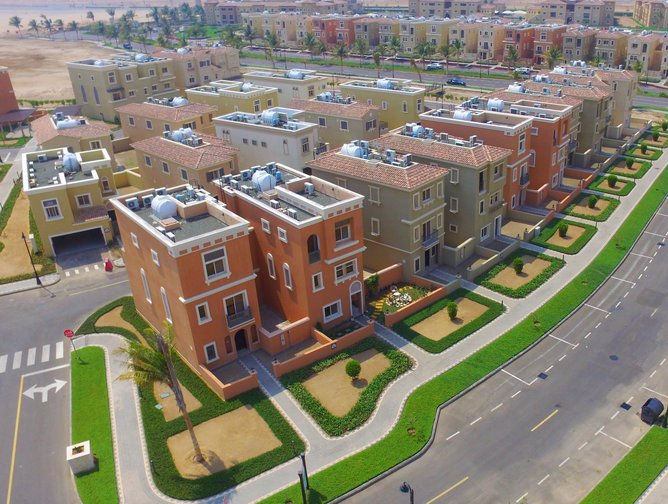
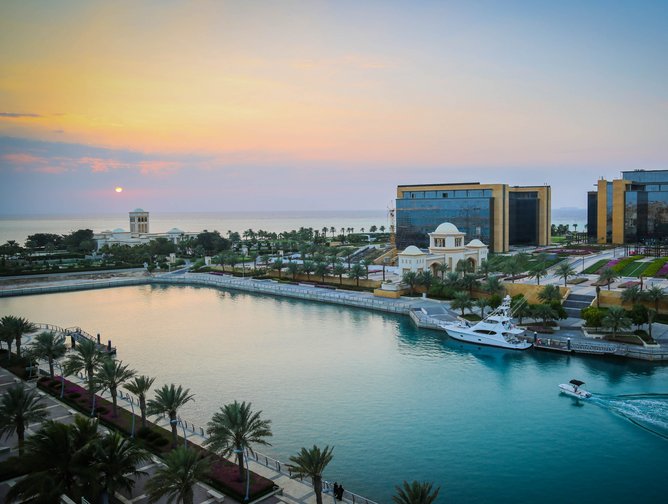
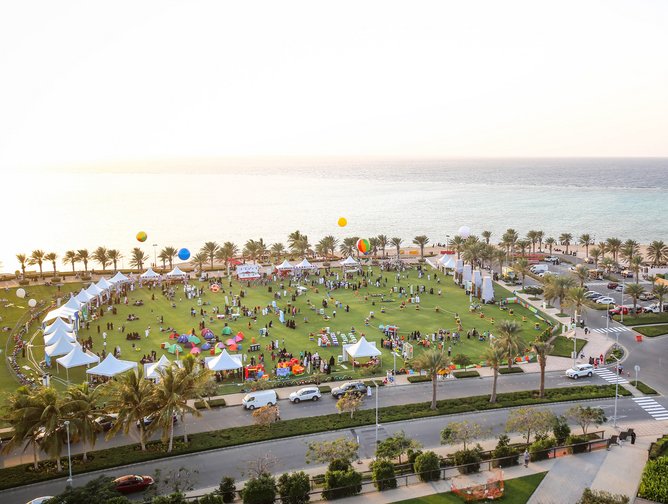
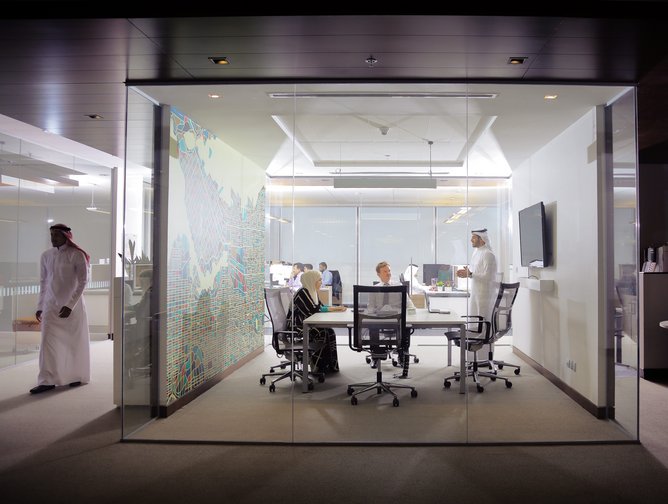
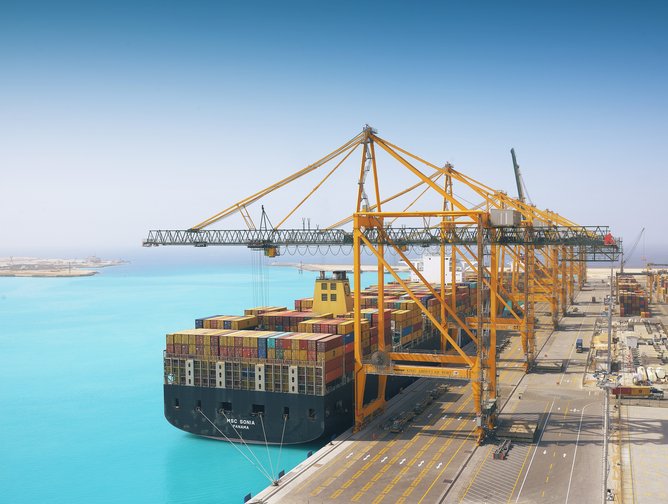
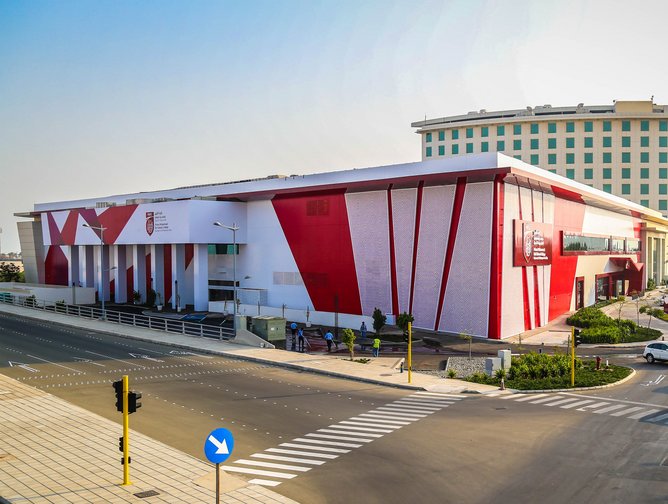
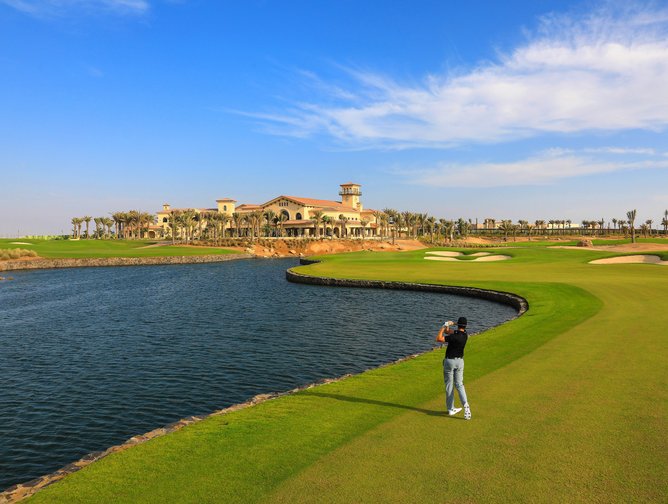
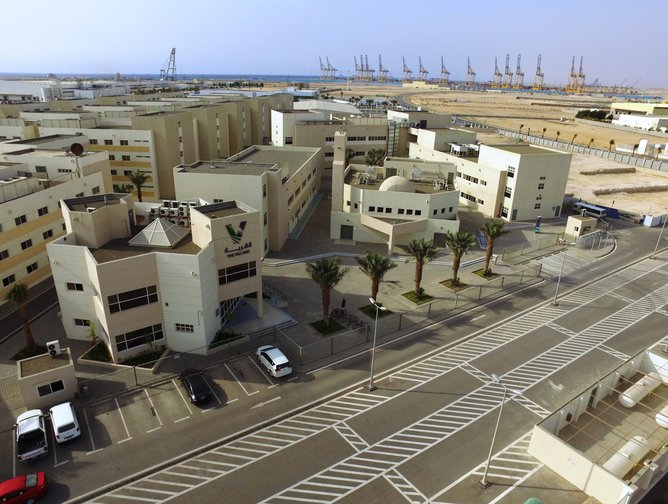
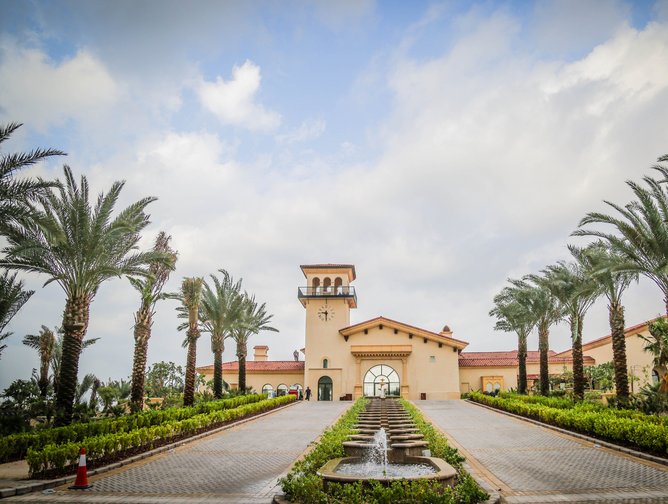

- Joshua Dubroff, CPO to speak at P&SC LIVE New YorkProcurement
- WATCH: Ivalua and PwC Navigate the Future of ProcurementProcurement
- Top 10: Women in Supply Chain and Procurement in APACProcurement
- Dumarey Streamlines Suppliers with BearingPoint and JAGGAERSupplier Relationship Management (SRM)

